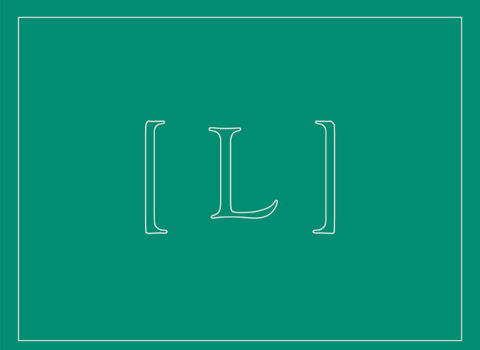Inside the January Issue
Fred Turner explains how the internet subverts democracy; Michel Houellebecq admires Donald Trump; Barry Lopez reports from Antartica
The bromance between Donald Trump and Emmanuel Macron may have faded, but our president can take some solace in the fact that he has another French admirer: Michel Houellebecq. We don’t imagine that Trump is much of an international-fiction enthusiast (that would require reading, after all) but if he were introduced to Houellebecq’s work, there’s a good chance he would be a fan. Someone would just have to highlight all the dirty parts and he’d find much to enjoy. Getting Trump to pronounce Houellebecq’s name correctly, let alone write it, is another matter. “President Trump seems to me to be one of the best American presidents I’ve ever seen,” writes the enfant terrible of Gallic letters. Houellebecq calls Trump’s policy of disengagement “very good news for the rest of the world,” and just like Trump, he doesn’t think much of America’s democracy, let alone our attempts to spread it around the globe. Read the piece; you will be entertained.
Perhaps Houellebecq has a point about our democracy. How embedded in our national fabric can it be if something as dumb as Facebook can dismantle it? “Democracy must do more than allow its citizens to speak. It must help them live,” writes Fred Turner. In “Machine Politics,” Turner, one of the foremost experts on Silicon Valley, explains how the internet and the social networks it spawned are ushering in a new age of authoritarianism. The fear of totalitarianism that kicked off the twentieth century gave way to the idealized individualism of the Sixties counterculture and landed us with Donald Trump, that master of the politics of authenticity, letting it all hang out on Twitter. The president, Turner writes, is “a product of the political vision that helped drive the creation of social media . . . a vision that distrusts public ownership and the political process while celebrating engineering as an alternative form of governance.”
It’s not just Mark Zuckerberg who is responsible for the Trump presidency, Kevin Baker reminds us in this month’s Easy Chair. The guy who set out to move fast and break things (mission accomplished!) shares the blame with the illustrious men who sought to unite thirteen disparate states: James Madison and Alexander Hamilton. The founding fathers knew that democracy was hard, so they did their utmost to keep it out of the hands of the majority. The plan, we now know, backfired. “The most obvious failure of our Constitution is President Trump,” Baker writes, “who is exactly the sort of corrupt, braying champion of the mob that our Founding Fathers devoted so much time and effort to keeping out of the presidency . . . By refusing to trust the people, the Founders betrayed them.”
“The story of my people is filled with bitter ironies, writes Kurdish journalist Azad Cudi. “The Kurds are one of the world’s oldest peoples and, as pioneers of agriculture, were once among its most advanced.” “Azad” is the name Cudi went by after he joined the volunteer Kurdish army in the wake of the Syrian civil war. He took up arms against ISIS and trained as a sniper. In “Long Shot,” Cudi gives a detailed and beautifully written account of the weapons he learned to use, the wounds they inflict, and the tactics employed by an army of men and women enduring deprivation and finding community as they try to resist a wily enemy. “I packed all of life into that tight existence. If you had seen me back then,” Cudi writes, “you would have understood that human beings can survive almost anything if they have purpose.”
Also in this issue: Barry Lopez searches for the solar system’s origins at the end of the earth; fiction by Lydia Davis; poetry by Fred Moten; Luc Sante on an anthology of Oulipo; and the skeletons in the closet of the elephants in the room.




